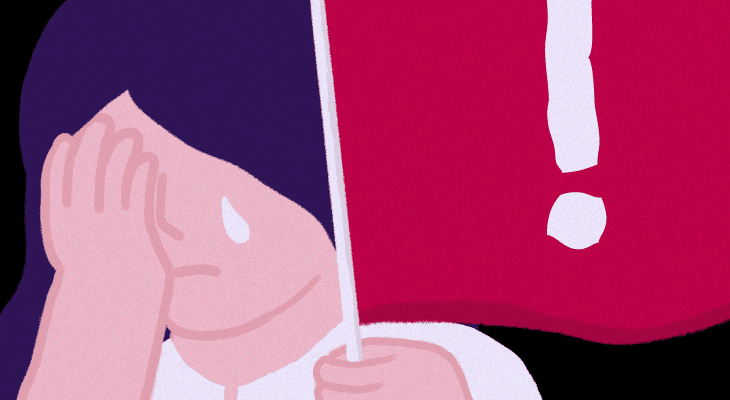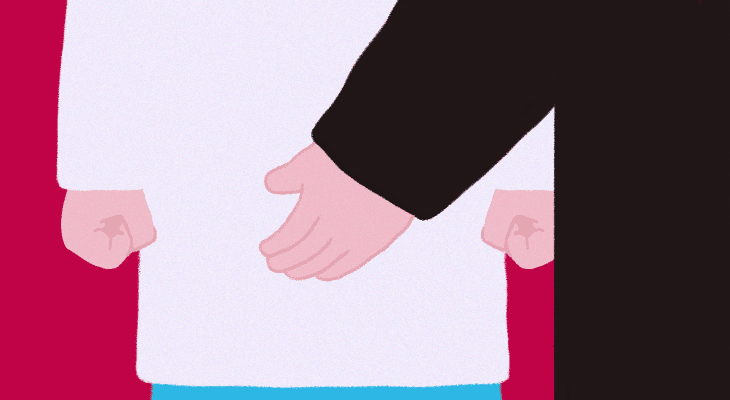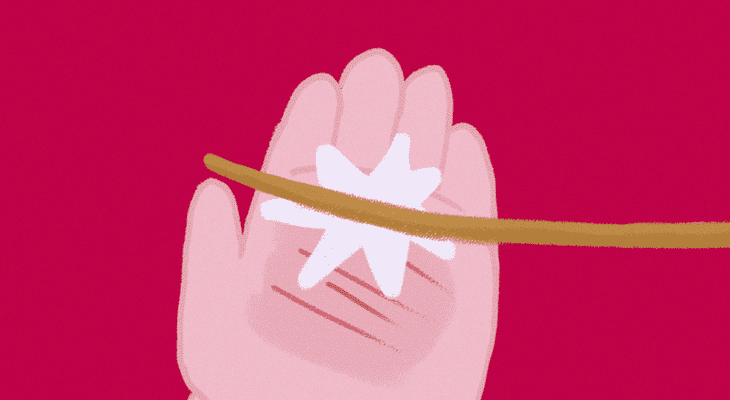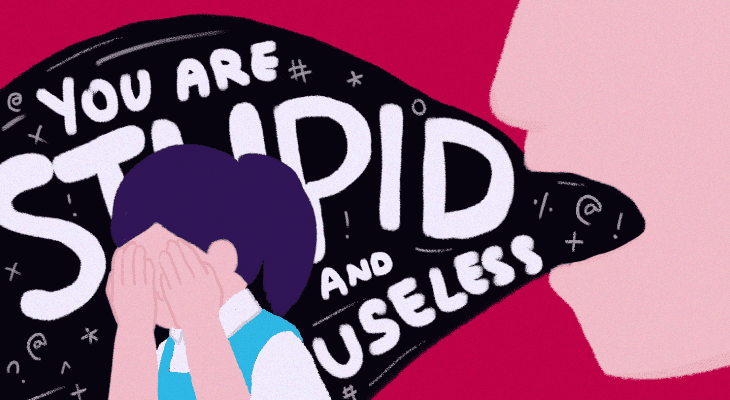Do You Know Your Rights? Teacher Misconduct Every Student Needs to Know and How to Deal With Them
Some wrongdoings just can’t go unnoticed. Here are some teacher misconducts that every student needs to be aware of and how to deal with them.
Published 27 May 2021

Have you ever been in an uncomfortable situation in school but aren’t sure if it’s truly wrong because no one seems to be doing anything about it?
Schools are supposed to be a safe place for all students — a place where they can be nurtured both emotionally and academically. But some scandals that have rocked Malaysian headlines in recent years have proven otherwise.
In this article, we list out some problematic things that happen in schools that you may not be aware are wrong — and how you can deal with them.
#1. Any adults touching your body during “spot checks”

There’s nothing scarier than sudden spot checks being held on a regular school day. This means saying goodbye to your contraband items (e.g. handphones, cigarette boxes, liquid paper) and getting your long fingernails clipped unceremoniously with scissors.
But some schools are taking it further by doing spot checks on girls during their menstrual cycle to make sure they’re not trying to skip religious or physical education classes (yeap, that happened). The recent news shocked the country when numerous female students brought up allegations of being groped and having to show their blood-soaked sanitary pads during “period spot checks”.
Let’s get one thing clear — no adult should ever touch any private part of your body without your consent and this goes to male students too! According to the Conventions on the Rights of the Child (CRC), a child has a right to privacy; protection from abuse, violence and neglect; and protection from other forms of exploitation that include sexual exploitation and harassment.
If this happens, immediately tell someone you trust about it, preferably a guardian. It’s also important that you note down everything that happened including the location, time, witnesses and the people involved for documentation purposes and in case you have to report it to the authorities.
PRO TIP
Any sexual remarks or gestures from teachers, whether male or female, is also considered sexual harassment. Don’t hesitate to report to your parents, the school or authority figures when such situations arise.
#2. Your counselling teachers airing your dirty laundry

Students are not exempt from stress when there are piles of homework, extracurricular activities and tuition to attend to. That’s why having guidance counsellors in schools is important to help them overcome any problems and perform better.
But what happens when your counsellors breach confidentiality by sharing your problems with other teachers? Whether it’s a serious matter or not, having the entire pejabat guru know about your issues can be embarrassing.
Studies have shown that a breach of trust and privacy can cause the student to experience increased anxiety, low self-esteem and an overall deterioration of academic performance. According to the Code of Ethics in The Board of Counsellors, counsellors are supposed to maintain confidentiality in the relationship and respect the information shared by the client. Otherwise, they may lose trust in the school counselling system and the entire education institution as a whole.
When such situations arise, inform your parents or a trusted guardian that your privacy has been breached. Both you and your parents should have active involvement to ensure that unethical conducts of counsellors do not go unchecked.
Apply for university with EduAdvisor
Secure scholarships and more when you apply to any of our 100+ partner universities.
Start now#3. Discipline teachers performing public caning

Seeing your disciplined teacher in the hallway with a rotan in hand is enough to send every student back into the classroom all prim and proper. Caning might have been a normal punishment in your day-to-day school life but did you know that this punishment is not allowed without conditions?
According to The Education Ordinance 1957: Education Rules (School Discipline) 1959, teachers can only cane students with a maximum of 3 strokes on their palms and covered buttocks depending on the severity of the offence. Moreover, this act can only be carried out by the school head or principal. Girls are also exempted from caning. Minor offences such as tardiness, being noisy, failing to bring books or complete homework must only be dealt with a warning and counselling sessions.
But this has not stopped schools from performing corporal punishment whether it’s with a cane or long wooden ruler. In fact, an assistant hostel warden’s beating of an 11-year-old student with a rubber hose which resulted in the amputation of his legs and subsequent death may have been the most severe abuse case in school.
Don’t mistake abuse as punishment especially if the offence doesn’t justify the type of punishment given. If you notice your teachers physically harming (e.g. beating, slapping, pinching) you or other students without reason — tell someone, be it your parents or a trusted guardian. It is within your rights to have a safe school environment and any traumatic experience should be handled immediately.

#4. Being threatened or humiliated on school grounds

When you think of abuse, you might think of someone hitting or pushing you around. But abuse can also come in other forms such as verbal and emotional. This includes degrading, shouting, threatening or humiliating, which can negatively affect the student’s mental wellbeing, confidence and performance in school.
However, there’s a difference between a teacher being firm by raising their voice and being abusive. Telling students to pay attention and to be quiet when the class is being noisy is an example of being firm whereas using words such as “stupid” and “useless” accompanied with screaming are signs of verbal abuse. Chucking a student’s homework outside the classroom and telling them to stand under the hot sun are also forms of abuse.
This act of humiliating students is even condemned by the Ministry of Education. In 1995, the ministry released a circular to remind schools to conduct proper investigations before dispensing harsh punishments such as making students run in their underwear and stand under the hot sun.
Any time your teacher says or does something abusive, write it down. Make sure you also note the details of what happened, the time and place and other students who witnessed the event. This gives your story more credibility when you need to report it to the discipline teacher or your parents.
While not all schools are guilty of these wrongdoings, it’s still important to be aware of your rights as a student. Know that you’re not alone when any of these situations happen and help is always available if you reach out to the right person and channel.






